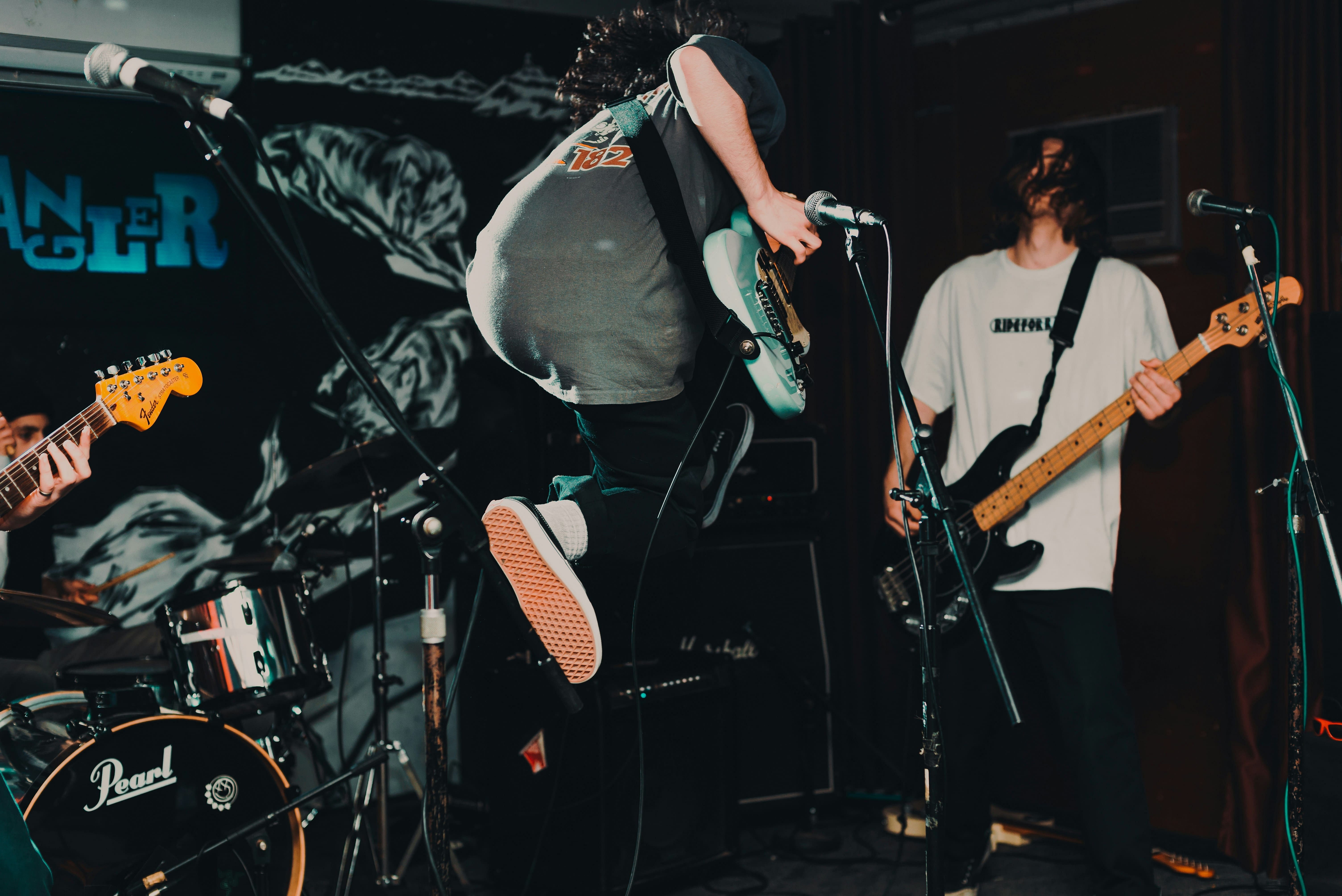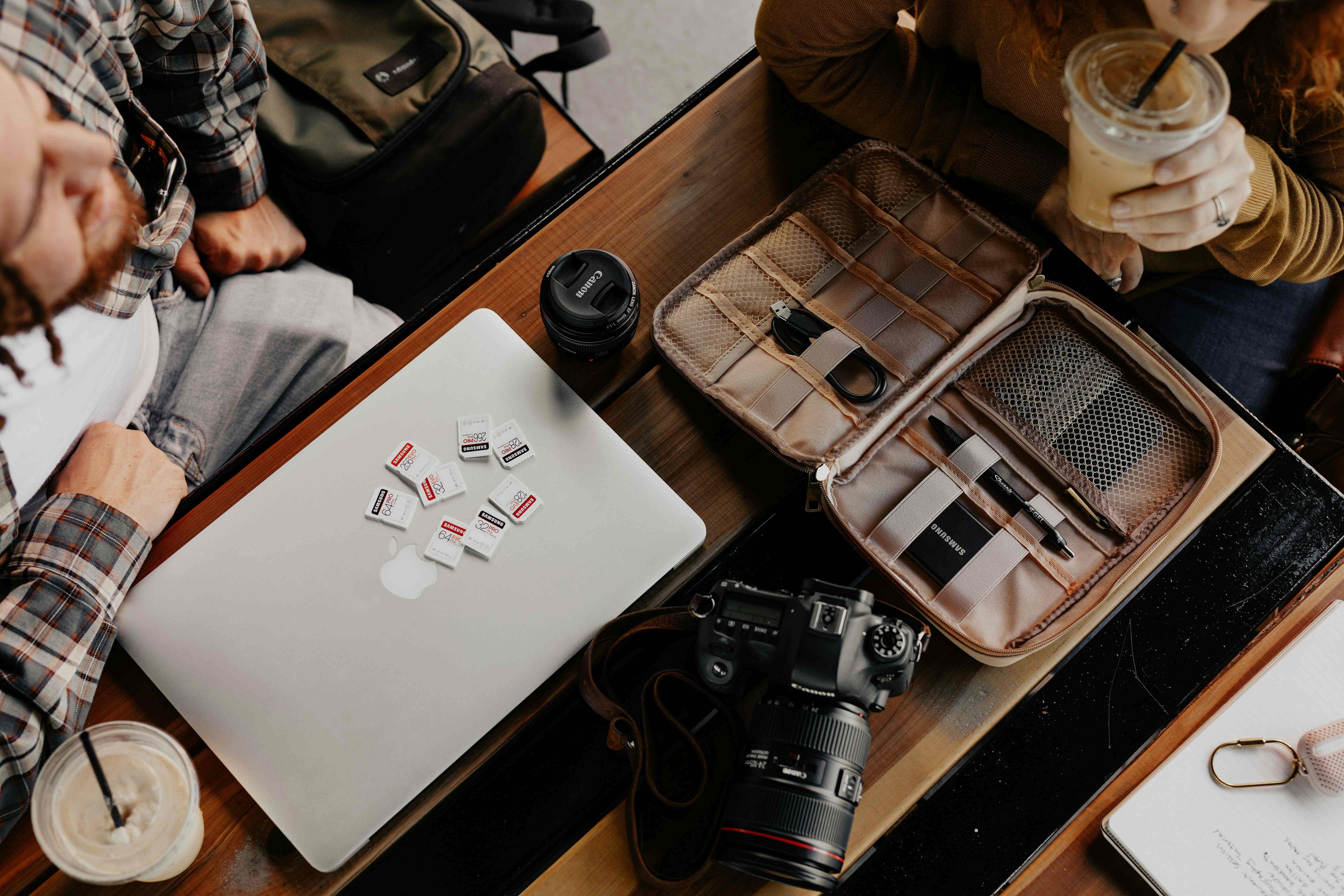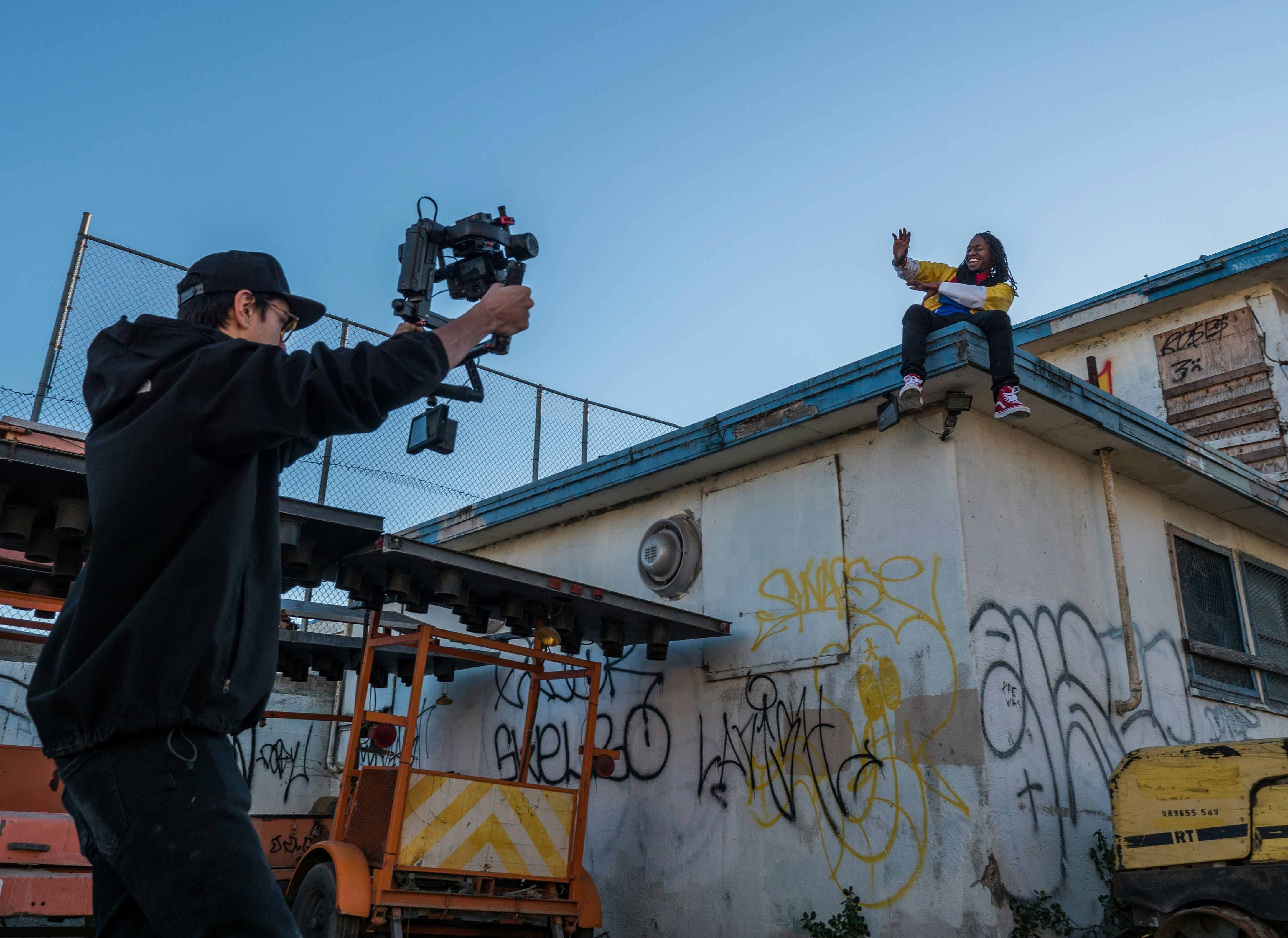
I remember attending live music shows and concerts, seeing the photographers and videographers filming the artists on stage, and I would wonder, how do you get into this!? Surely, you need loads of experience, expensive camera gear, and to know the right people?
I'm here to tell you that it's not impossible. The following things helped me land my first job and is the same advice I would follow if I were to start over again.
You need a camera, and you need to master the basics
The foundation of any videographer's journey begins with the right equipment. Invest in a camera with manual control over settings like ISO, aperture, and shutter speed. It doesn't have to cost a fortune to get started either; consider buying a second-hand camera and learning the basics by watching free tutorials on YouTube. Then, once you have a solid understanding of the basics, it's time to begin approaching small venues and practicing for real - that's where you'll truly start learning.

Small venues are epic to learn in
You'll usually start shooting at small local venues to get to the big venues. They're great to learn in because they test your skills. The lighting and sound are often challenging, and the spaces are small, sweaty and cramped. However, if you can make a video captured in a small venue look great, you'll be more than ready when you finally land a big event!
Another great way to get into small venues is if you have friends who play in a band or DJ, offer to film them play and use it to start building your portfolio. The more you shoot, the higher your profile will rise; eventually, those bigger opportunities will come knocking!
Score a press pass
Press passes are your golden tickets to larger shows and venues. Connect with local publications, music blogs, indie labels, websites, and campus radio stations. This is because obtaining a press pass becomes easier if you represent a publication. Reach out and offer to provide event coverage in exchange for a press pass - which is a win-win for you and the media outlet. They get content, and you get cool stuff for your portfolio.
I used to host a radio show on a campus radio show. I would offer to capture content for their music magazine, which was distributed around the city I lived in. Saying I represented a media outlet gave my application much more credibility.

Network, network, network
Networking is a game-changer. Attend events, join local MeetUps, and talk to peers. The connections made at events with other videographers, photographers, promoters, and venue owners can often lead to more paid opportunities. Your first big gig might come from someone you met at a small venue. Be approachable, genuine, and the kind of person others would want to hang with.

Always be a student of the game
Continuous learning is vital to improving. Understand that mastery takes time. When you see someone share epic work on socials, know they've probably spent years practicing and putting in the reps to get to that point.
Reach out to others in online communities or people you admire on social media. It can also help if they're in the same city as you - you never know if they might invite you to help with a future shoot!
Market yourself
Establishing an online presence should be #1. Creating a website and maintaining active social media accounts can help you land jobs. If you only have time to focus on one platform, I suggest Instagram. I've found it to be the best for networking with other videographers and artists. It's also been how most people approach me for jobs.
Your page should also be themed around live music videography or photography if that's the type of work you want to attract more of ;)
It's a no-brainer if a music promoter was approached by two videographers offering to film an event, and the first person had a dedicated Instagram page filled with lots of live music content. Meanwhile, the second person had a random mix of personal posts and a few random videos from wedding shoots and other random jobs. In most cases, the first person will get the job.
Breaking into live music videography requires dedication, perseverance, and a the right attitude. By following these steps, you'll be well on your way to capturing live music events!
